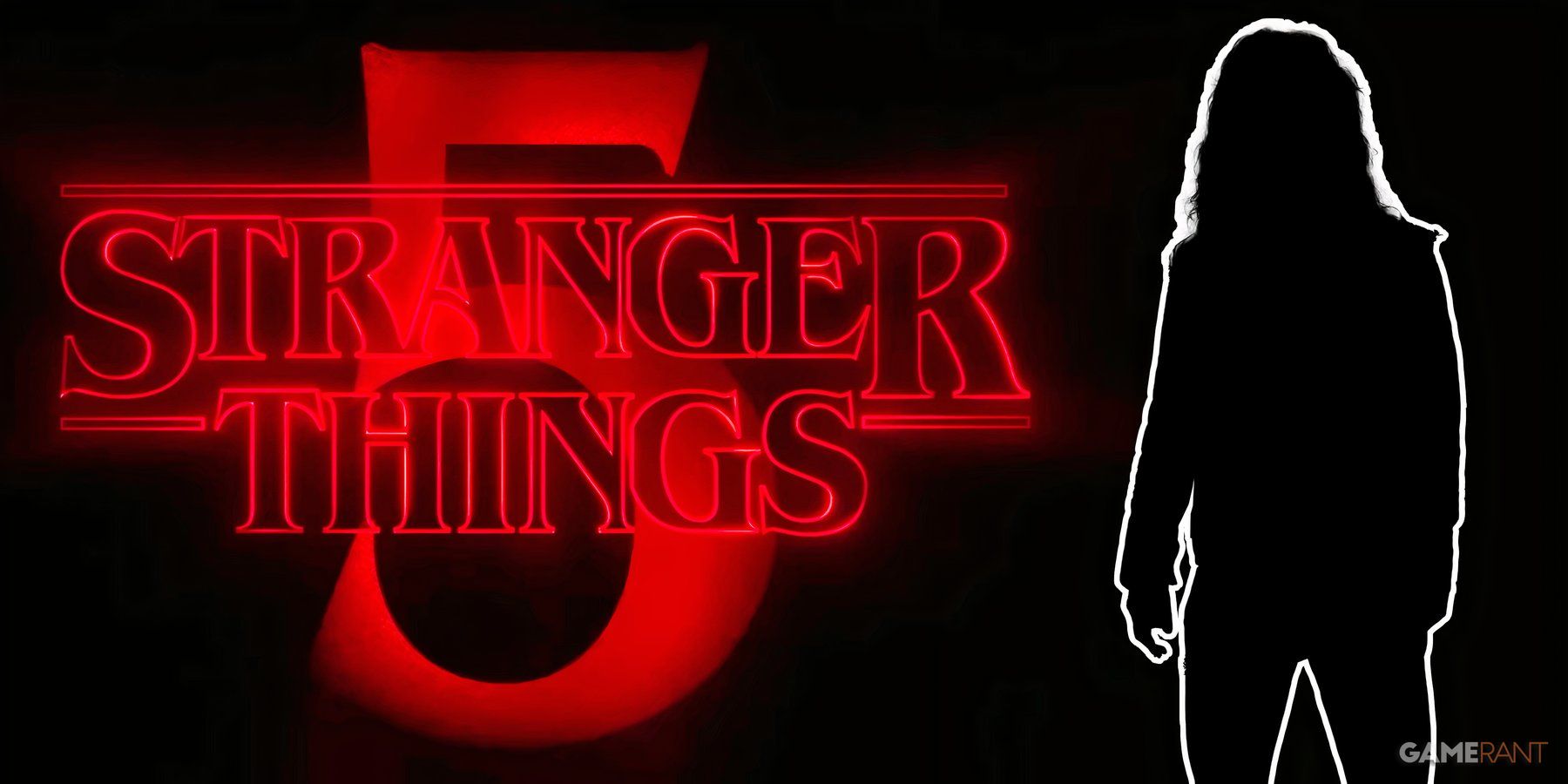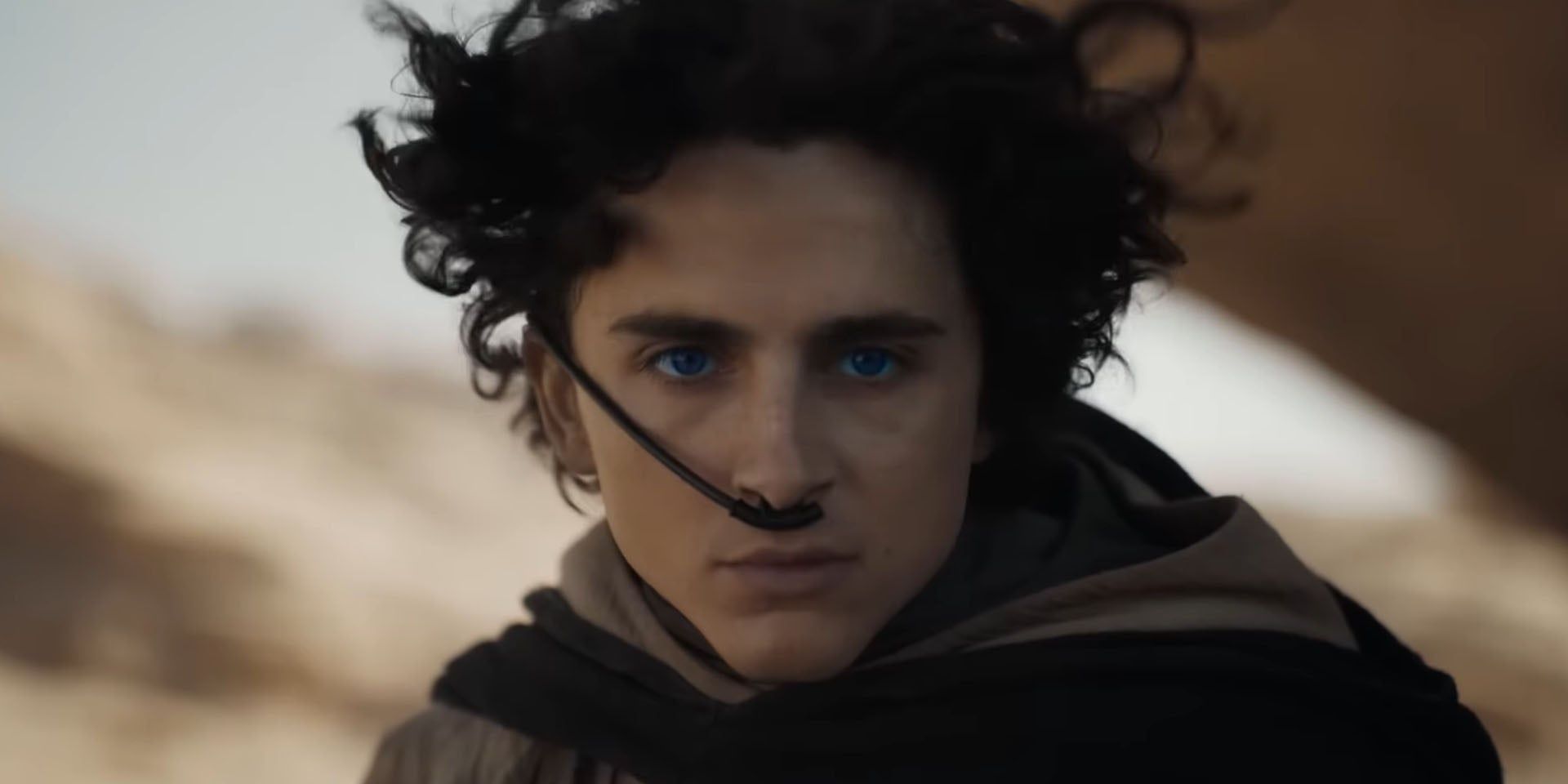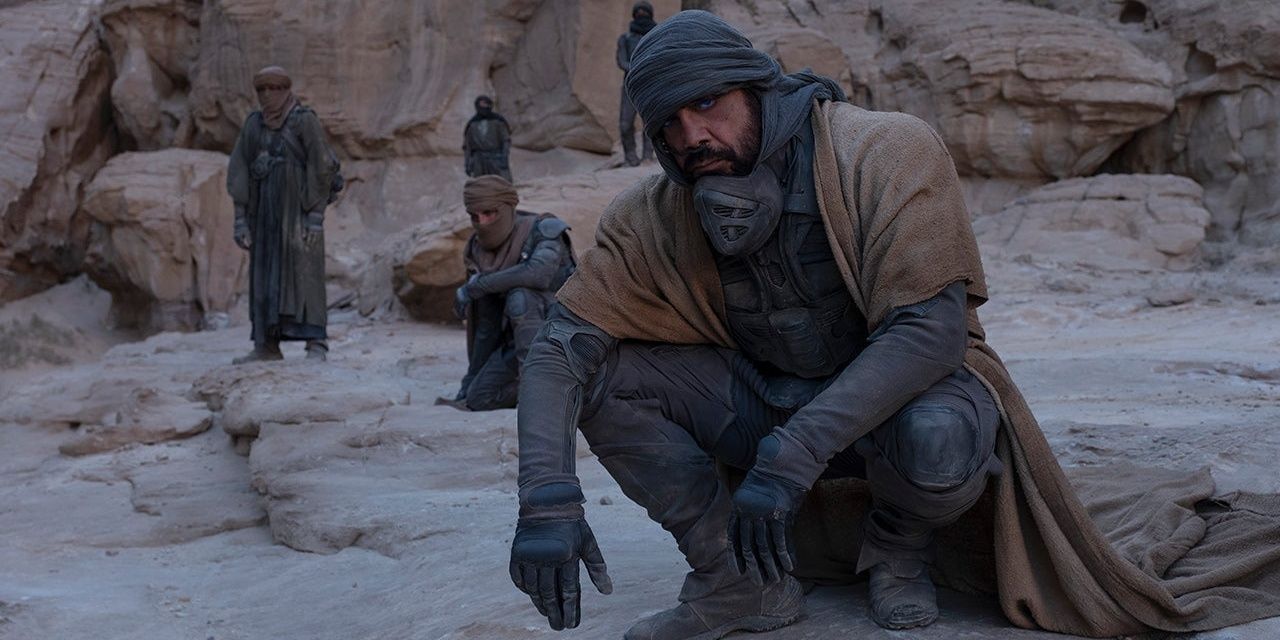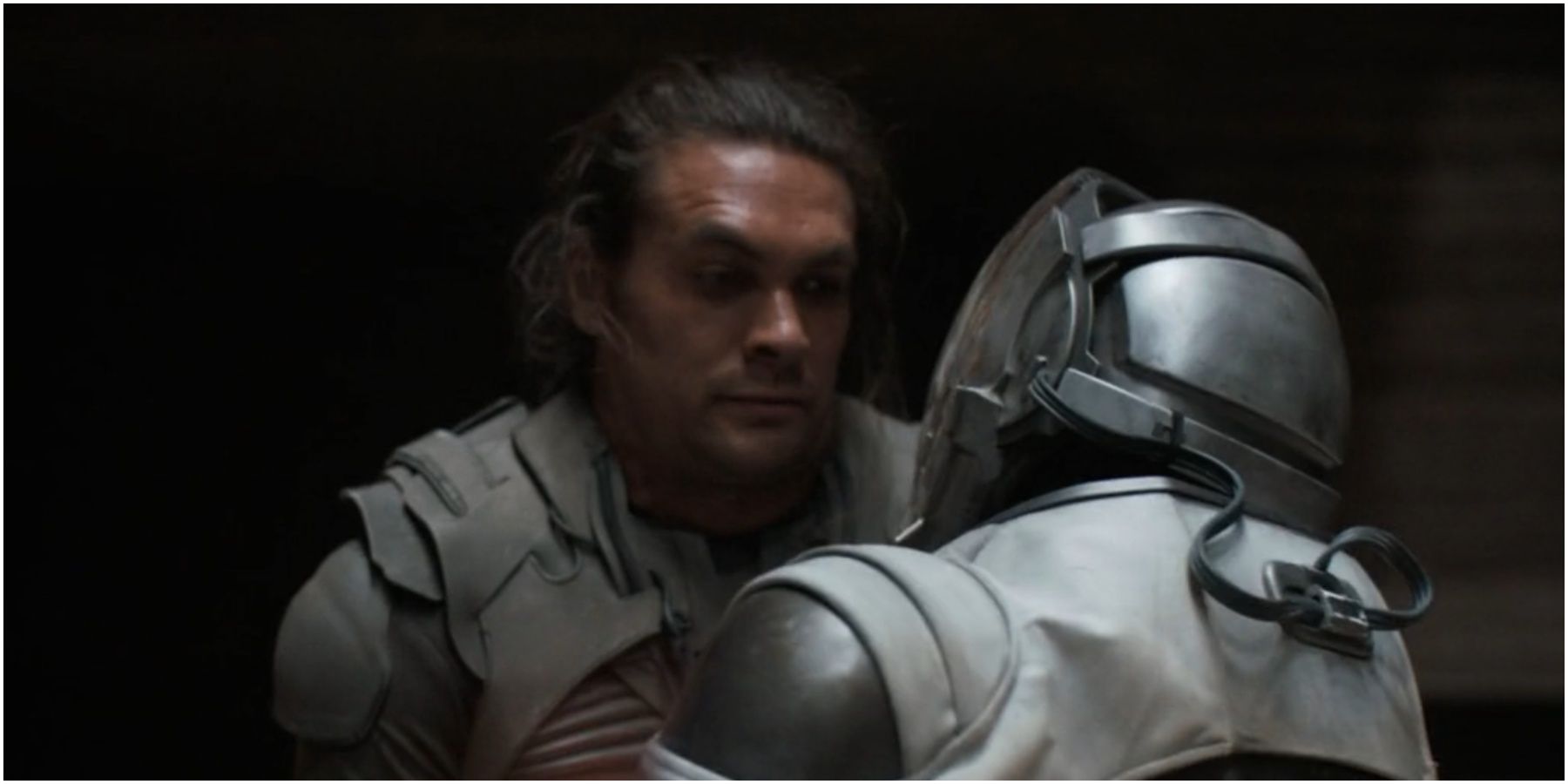Denis Villeneuve's Dune films are mind-blowing accomplishments of cinematic adaptation. They should be viewed as the gold standard for future blockbusters. They're bold, compelling, action-packed, emotionally ruinous, and almost inconceivably massive. Few films have immersed their audiences so effectively in their unique universe. The second film concludes the story of the 1965 novel, but it doesn't end Paul Atreides' journey. Denis Villeneuve wants to finish the tale with his take on Dune Messiah.
Denis Villeneuve may be the best example of a new kind of talent in Hollywood. He exploded onto the worldwide scene with two excellent thrillers before sliding into science fiction, where he nailed a stellar book adaptation and a once-in-a-lifetime legacy sequel. With those titanic accomplishments under his belt, he set out on the quest for his longtime dream. Denis Villeneuve kicked in Legendary Entertainment's door and finally got his hands on Frank Herbert's Dune.
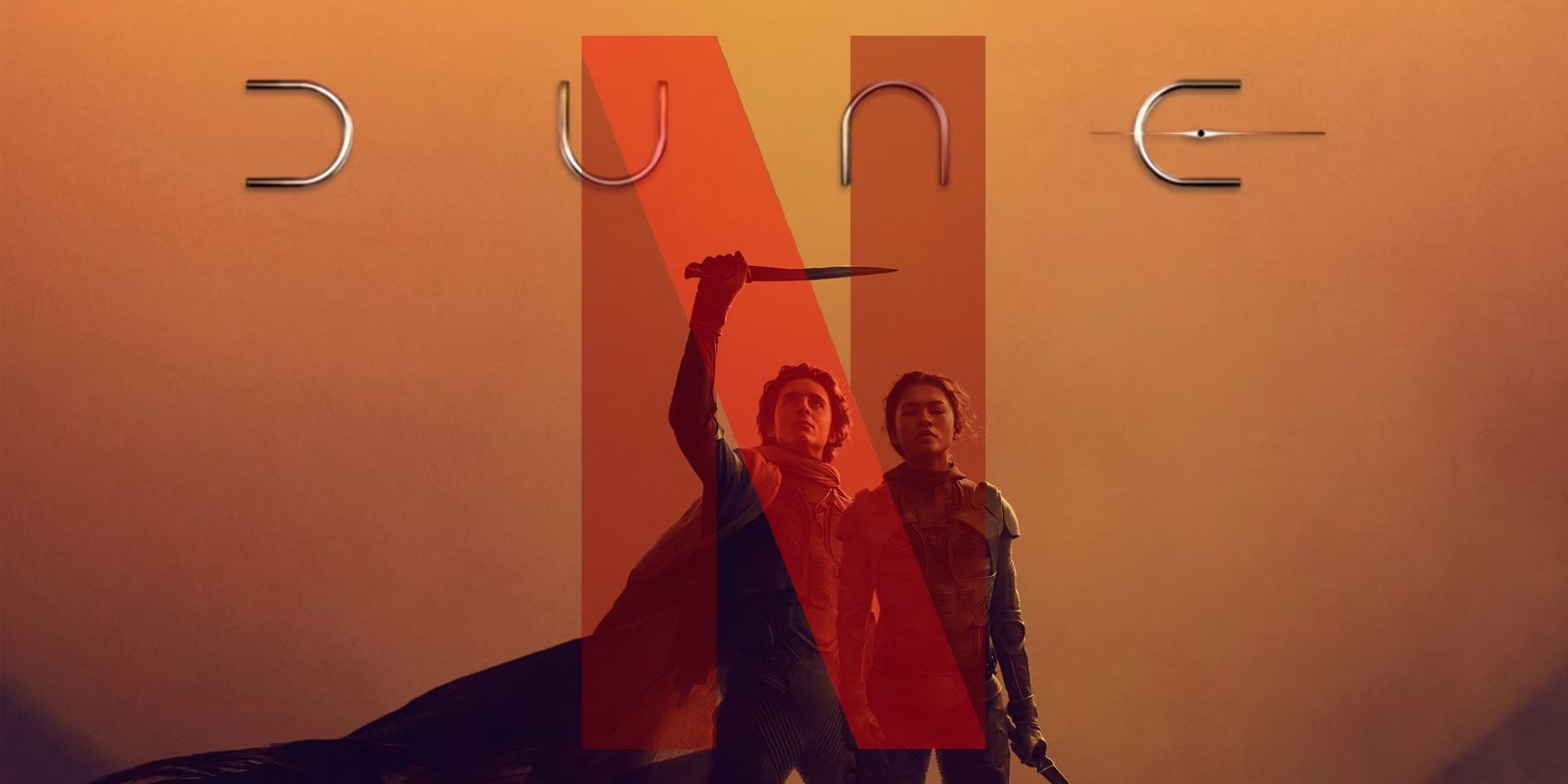
February Is Your Last Chance To Watch Dune On Netflix
Denis Villeneuve's Dune is still on Netflix, but not for long. With Dune Part 2 arriving soon, now is the perfect time to watch it.
What is Dune Messiah about?
Dune Messiah | |
|---|---|
Writer | Frank Herbert |
Publisher | Putnam Publishing |
Publishing Date | 1969 |
Pages | 256 |
Be warned, Dune Messiah follows Dune, which means its plot inherently spoils Dune: Part Two. Those who've read the book already know the details, but spoilers ahead for Dune: Part Two. The 1965 novel Dune ends much like Christopher Nolan's Oppenheimer. Paul Muad'Dib Atreides leads the Fremen army to victory on Arrakis. He becomes the Emperor, ascending to the destiny he foresaw and accepting the consequences. Paul becomes the Kwisatz Haderach, and his path to an acceptable outcome requires bloodshed. Imagine Chalamet staring into the camera as a montage of nightmarish war crimes plays out against a powerful score, forcing him to shut his eyes in terror as he realizes all he's done, and that captures the concept.
Dune Messiah starts twelve years after Atreides takes the empire. Muad'Dib's Jihad sees Paul's devotees kill over 61 billion people across the galaxy. His blue eyes see possible futures, assuring him that the current holy war is a mild outcome compared to some potential paths. His cataclysmic rise raises new enemies, who conspire to unseat the new Emperor. Paul must navigate the attacks of his political enemies, foreseeing possible doom at every turn. Simultaneously, he must balance the complicated relationship with Chani, his beloved concubine, and Irulan, his Machiavellian wife. Where Dune is a classic heroic myth in which the chosen one finds his destiny, Messiah is the grim inversion of its haunting conclusion.
Is Dune: Messiah unfilmable?
Frank Herbert's Dune was long thought to be unfilmable. The first attempt fell flat despite the incredible concept art. The second became a bizarre cult classic with huge problems. Villeneuve proved that the classic novel could be adapted, finding its heart and immersing fans in its world beyond their wildest imagination. Messiah introduces new challenges. Most thought Dune's unusual scenes, glossary of terms, and complex web of concepts would render it too bloated for anything short of a Lord of the Rings-style trilogy. While it took two massive blockbusters and over five hours, Villeneuve delivers Dune well enough that any newcomer would understand. Messiah dials up most of those problems.
Dune Messiah is only 256 pages, slightly more than a fourth of Dune. Adapting it into a film should be feasible without pushing Endgame's runtime, but it still requires a ton of setup. The book introduces even stranger details of the technology and culture of Herbert's future. Neither Dune movie explores the Guild Navigators, prescient fishmen who use their superpowers to guide faster-than-light travel. Messiah deals with genetic clones and mimetic memory, bringing characters back from the dead through ghostly voices or perfect copies. Its protagonist is a clairvoyant god-king sent reeling from the blood of billions on his hands. That moral weight might be the hardest part. Imagine audiences turning up to see Timothée Chalamet continue his heroic rise, only to be met with a speech pulled directly from the source material in which he measures his body count using Adolf Hitler as a unit of measurement. It would be a jaw-dropping moment.
Should Denis Villeneuve direct Dune: Messiah?
Dune: Part Two's ending is excellent. It and its predecessor tell a fantastic story that ends with such cataclysmic force that fans will think about it for years. Villeneuve even borrowed elements from Messiah to pad the exit, ensuring a solid conclusion regardless of whether his third outing is greenlit. Villeneuve should still direct Dune Messiah. The perfect version of this narrative ends with this conclusion. His adaptation is the best to ever reach the screen and a majestic demonstration of what blockbuster cinema should be. Muad'Dib's Jihad would change the face of the franchise, cementing an already brilliant adaptation into a new level of history.
There's no comparison in modern blockbuster cinema to the potential excellence of Dune Messiah. One of the generation's most beloved stars could play one of his most consequential roles, from his position as an underdog hero to his role as the villain of the universe's story. Beyond the boldness of that accomplishment, the world needs the auteur who made Dune work to finish his story. This is not a cinematic universe or a yearly series. It's a trilogy. Thankfully, the support displayed on social media suggests a potential victory for this franchise. We can't see the future like Paul Atreides, but the prophecy may still be fulfilled.
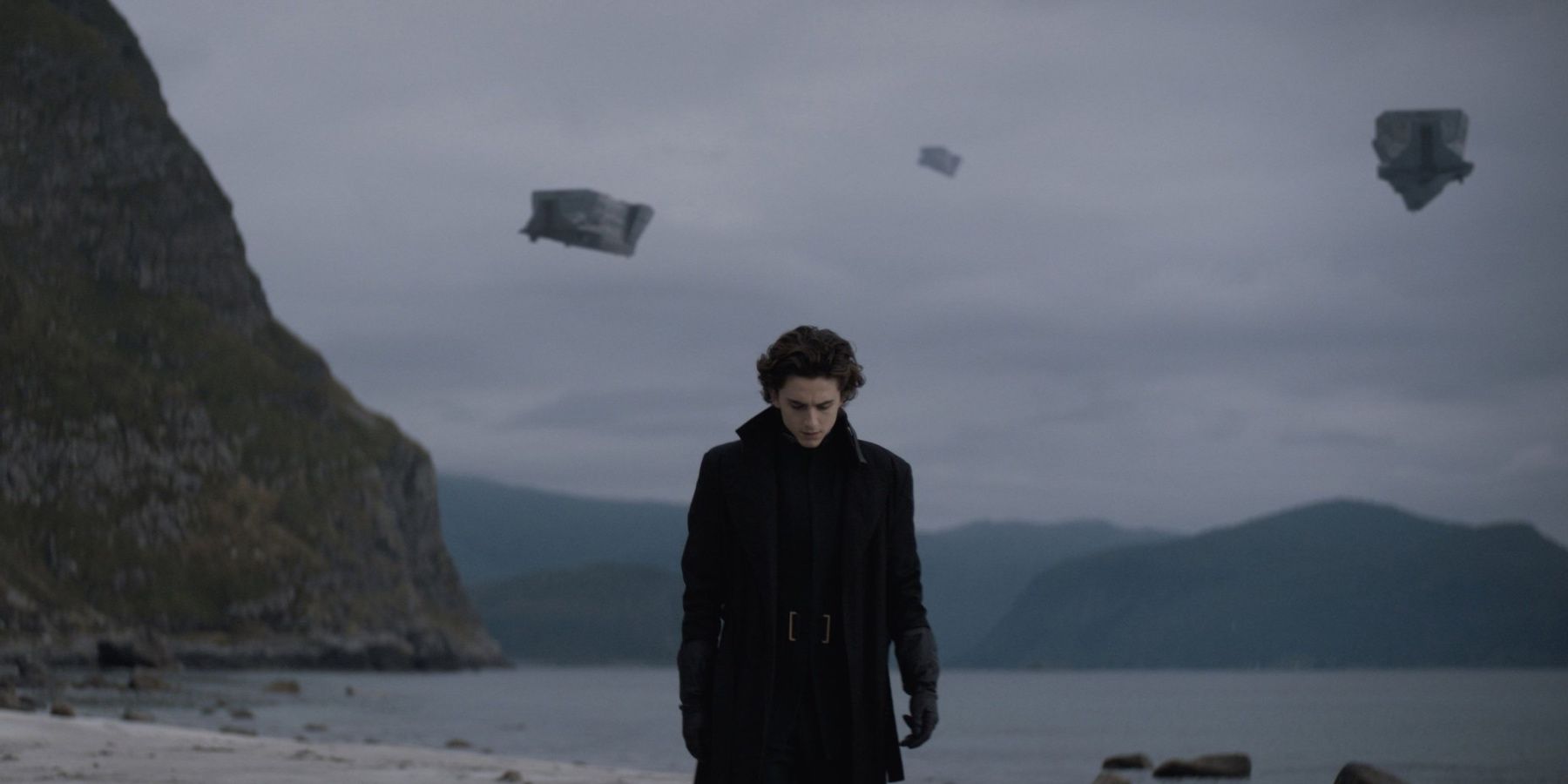
Dune: Caladan, Explained
Before they migrated to the unforgiving deserts of Arrakis, House Atreides spent 10,000 years on the beautiful world of Caladan.

